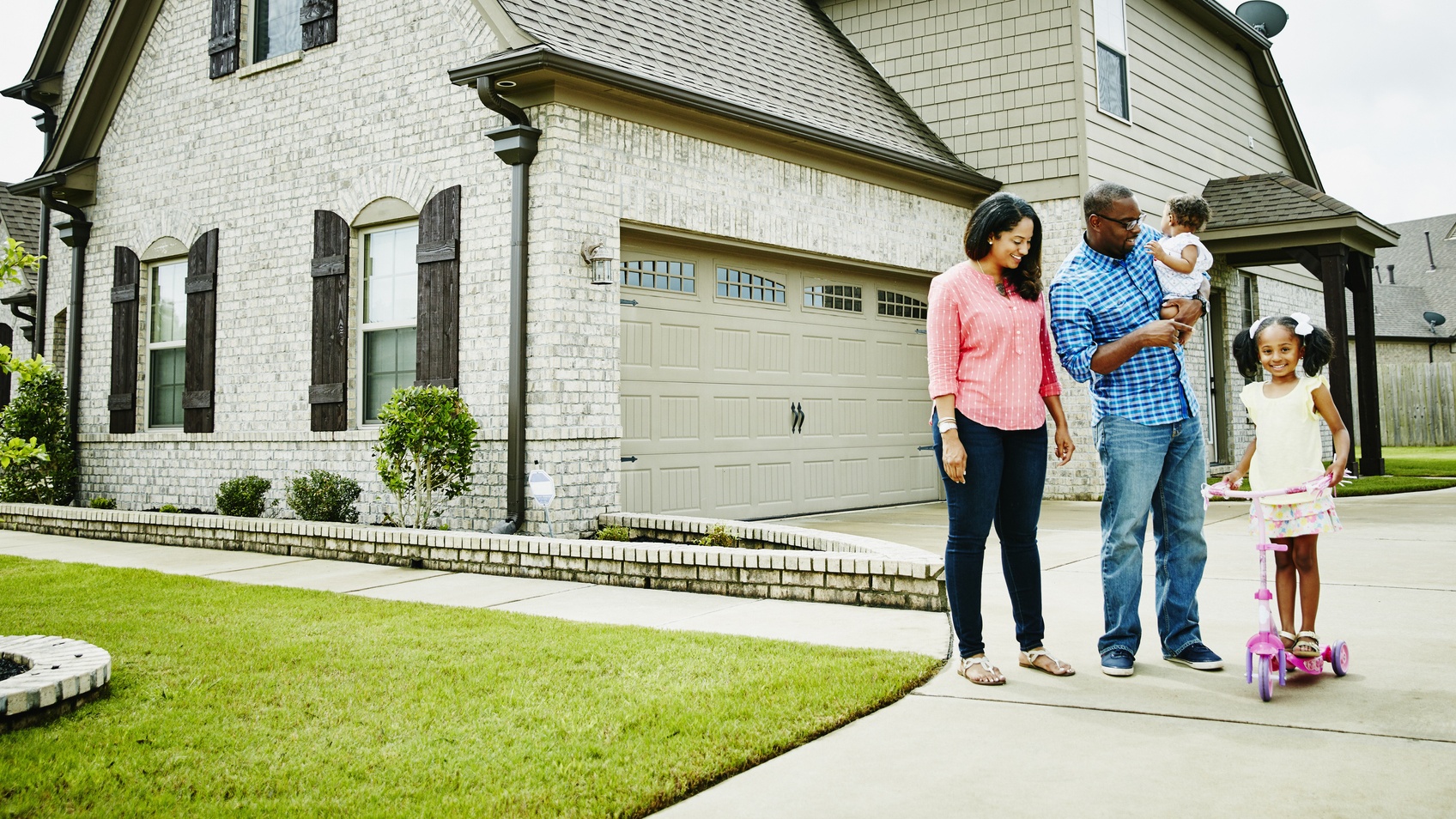The Center for American Progress (CAP) analyzed the Black-white wealth gap before and during the pandemic and found that Black households experienced greater financial emergencies with fewer economic resources, ultimately increasing disparities.
Daycare provider Theresa Battle was one of those people after she was forced to close down her childcare center in Jamaica Queens, New York, last March at the onset of the pandemic. Two months later, she had to ask her lender to temporarily suspend her monthly mortgage payment which was around $2,200.
Now, after she resumed payments in September, she is paying close to $1,400 more a month to compensate for her missed payments and to meet requirements to have her loan modified.
“Even though I have the money, it’s giving me anxiety so bad,’’ Battle said, USA Today reported. “Every morning when I get up, I’m worried…And then at night, when you’re trying to sleep, I’m lying there counting. I’m adding and subtracting because I still have bills.’’
The report found that between Aug. 2020 and March 2021, 17.6% of Black homeowners fell behind on their mortgage payments as opposed to 6.9% of white homeowners.
"Many homeowners were working class workers who lost their jobs…so loss of income means that you're going to fall behind on your payment,'' Andre M. Perry, a senior fellow with the Brookings Metropolitan Policy Program and author of the new book Know Your Price: Valuing Black Lives and Property in America’s Black Cities, said. "Black people don’t have the same amount of wealth to absorb these economic shocks as our white peers.''
“You fall behind on your payments, it makes it more likely you'll lose your home,'' the Hechinger Report columnist added. "It impacts your credit score, which reduces your ability to get another home…or a good interest rate on any other items that you need. So it can be devastating.''
The disproportionate impact on Black and brown communities' health and the financial hardships that minority households faced, undeniably exposed deep-rooted economic discrepancies, making it difficult for families to stay on top of payments and especially mortgages.
"A lot of things went wrong for a lot of households, especially Black and Latino households, during the pandemic,'' Christian Weller, Center for American Progress senior fellow and public policy professor at the University of Massachusetts, Boston, said. “They were more likely to lose their jobs. They experienced longer spells of unemployment. And they faced more widespread, and more costly, health care emergencies due to greater exposure to the virus and less access to health care in their communities.''
CAP study also highlighted that 28.5% of Black households that used their savings during the pandemic also had to borrow money from relatives and friends compared to 16.1% of white households who asked for interfamilial loans.
"Black homeowners have less money for a down payment, get less help from their families for a down payment, and they still face outright mortgage market discrimination…steering them to more costly mortgages," Weller continued.
The public policy professor also suggested possible solutions such as better enforcement of fair housing laws and tax credits that can help bolster savings and potentially combat economic downfalls within the Black housing community.
"It means putting an end to housing market discrimination by enforcing fair housing standards so that Black homeowners do not overpay for their house,'' Weller said. "And it will require sustained attention on labor market equality so that Black workers truly have access to the same stable, well-paying jobs with good benefits that white workers (have)…The challenges are systematic and require systematic changes.''
